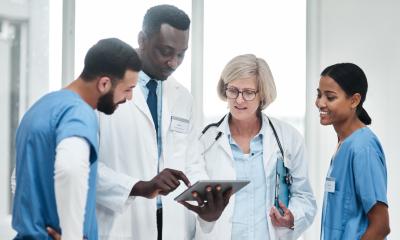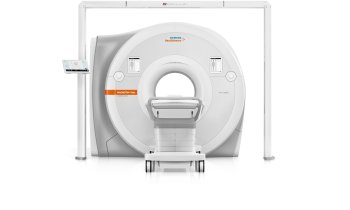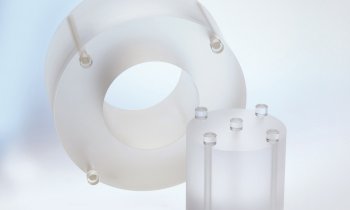Healthcare costs
Cancer patients rarely demand unnecessary tests and treatments
Physicians often blame patient demands for contributing to high medical costs, however, a new study involving more than 5,000 patient-clinician visits indicates that cancer patients rarely push for unnecessary tests and treatments from their health care providers.
The study, conducted by Ezekiel Emanuel, MD, PhD and colleagues in the Abramson Cancer Center and the Perelman School of Medicine at the University of Pennsylvania and published in the inaugural issue of JAMA Oncology, examined a total of 5,050 patient-clinician encounters, and found that 440 (8.7 percent) of those included a patient demand or request for a medical intervention. Clinicians complied with 365 of the demands they deemed clinically appropriate. However, of the 50 demands requesting clinically inappropriate tests or treatments, clinicians only complied with seven (0.14 percent of the 5,050 encounters).
About half of the requests (49.1 percent) were for imaging studies, 13.6 percent were for laboratory tests such as tumor markers, and 5.2 percent were for genetic tests or chemosensitivity tests. Surprisingly, 15.5 percent of patient demands or requests were for palliative care interventions, such as pain medications and sleeping aides. Just 3.6 percent of patient demands or requests were for chemotherapy, and less than one percent for expensive proton beam therapy.
"We decided to look specifically at cancer patients' demands because oncology is a setting where there are life-and-death stakes for patients and the drugs and tests can get very expensive," said senior author Emanuel, chair of the department of Medical Ethics and Health Policy at Penn. "However, we found, contrary to expectations, that patient demands are low and cannot be a key driver of increasing health care costs."
The Penn Medicine team surveyed 60 clinicians -- including 34 oncologists, 11 oncology fellows, and 15 nurse practitioners and physician assistants -- immediately after patient encounters at three Philadelphia Hospitals (The Hospital of the University of Pennsylvania, Penn Presbyterian Medical Center and Pennsylvania Hospital) between October 2013 and June 2014. The goals of the interviews were to determine frequency of patient requests or demands for tests and treatments, whether those requests were appropriate, whether they were granted and why.
The study also found that patients who had worse relationships with their physicians, and those on active therapy, were more likely to make demands or requests for tests or treatments.
"We observed very few patient demands for inappropriate treatments, and it was even rarer that a physician complied with the demand," said lead author Keerthi Gogineni, MD, MSHP, who was an instructor in Penn's Abramson Cancer Center when the study was conducted and is now a faculty member at Emory University. "In this age of unregulated consumer medical information on the Internet, it's encouraging to see that this hasn't translated to cancer patients requesting inappropriate -- and often costly -- tests and treatments."
Source: Press release University of Pennsylvania School of Medicine
13.02.2015



